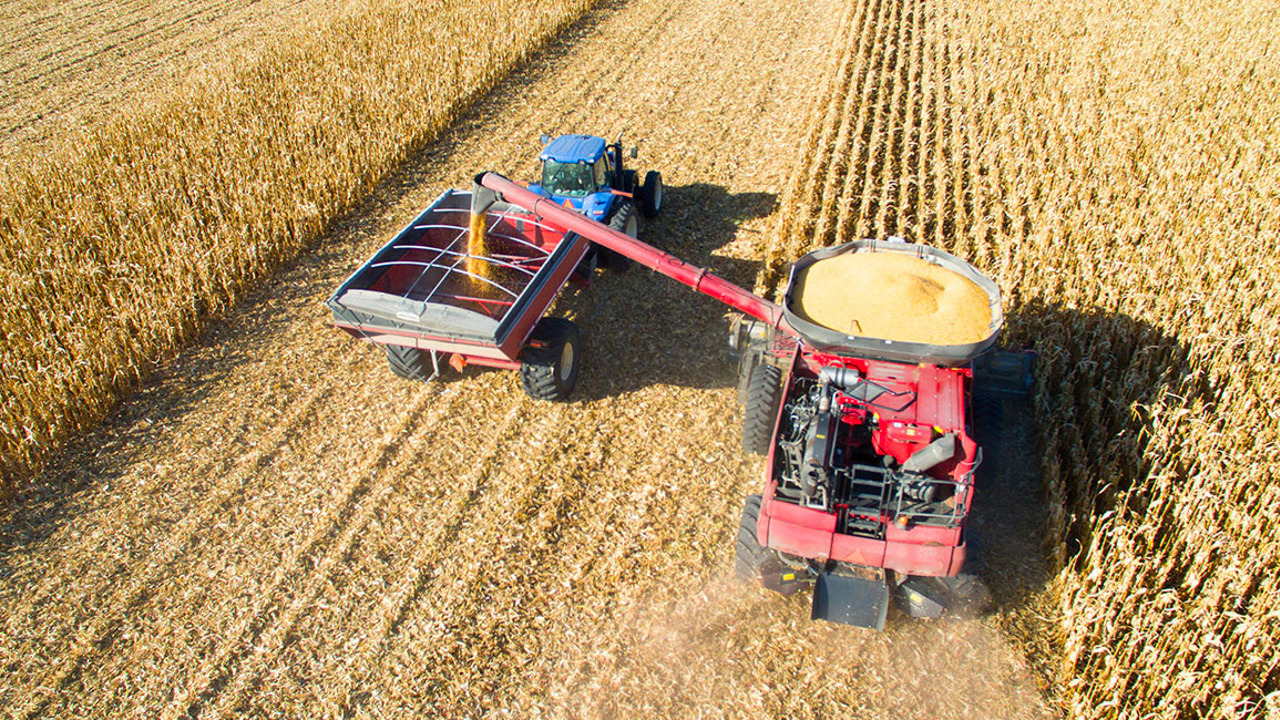The UK signed a trade agreement with the EU on 24 December 2020, which governs trade relations from 1 January 2021. Here we look at how the new deal could affect your startup if it exports to the EU or Northern Ireland.
The deal signed and approved on Christmas Eve was a “zero tariff, zero quota” agreement. It removed the risk of tariffs being applied to UK products exported to the EU but businesses will still have to be ready for extra checks and paperwork at borders. Specific rules have been drawn up for certain sectors, including, chemical and pharmaceutical.
Licences, duties and taxes
The licenses your startup is required to obtain or the duties it is subject to for exporting its products will depend on a number of factors such as their value and where they originated from.
The ‘Rules of Origin’ provision means that any goods may be subject to a customs levy if they arrive in Britain from an EU or a non EU country and are then exported to the EU. This means having to obtain a statement of origin from the exporter or the importer of record. Goods received from an EU country and then exported back to the EU may be subject to customs unless they have been through significant economic change.
An agreement was not met on the regulatory equivalence between the EU and the UK on financial services. This is expected to be addressed in the next phase of negotiations.
You can read the complete government guidance on the new rules for both importing and exporting here.
Brexit export checklist
- Make sure you have a GB Economic Operator Registration and Identification (EORI) number. If you trade with Northern Ireland, you may also need an XI EORI number. You need this in order to move goods between the UK and non-EU countries. If you do not have one, you may have increased costs and delays. You can find out how to get an EORI number here.
- Check whether the goods you are exporting are classified as standard, controlled or high-risk.
- Are you and businesses in your supply chain preparing to submit import and export declarations on goods moving between the UK and the EU? You can familiarise yourself with the latest customs declaration information here.
- Have you considered VAT and other tax considerations? You can find out more about your VAT responsibilities here.
- Have you alerted customers and suppliers that delivery dates could be delayed?
- For more guidance, visit our Brexit Hub.
This article has been prepared by Barclays Bank UK PLC ("Barclays") and is for discussion purposes only.
This article is not intended to give rise to any legal relationship between Barclays and you or any other person, nor is it a recommendation to enter into any transaction or financing. Customers must consult their own regulatory, legal, tax, accounting and other advisers prior to making a determination as to whether to purchase any product, or enter into any transaction of financing to which this presentation relates. Although the statements of fact in this article have been obtained from and are based upon sources that Barclays believes to be reliable, Barclays does not guarantee their accuracy or completeness. All opinions and estimates included in this article constitute the Barclays’ judgment as of the date of this presentation and are subject to change without notice. No representation is made by Barclays as to the reasonableness of the assumptions made within or the accuracy or completeness of any models contained herein.
Neither Barclays, nor any officer or employee thereof, accepts any liability whatsoever for any direct or consequential losses arising from any use of this article or the information contained herein, or out of the use of or reliance on any information or data set out herein.
Barclays Bank UK PLC. Authorised by the Prudential Regulation Authority and regulated by the Financial Conduct Authority and the Prudential Authority (Financial Services Register No. 759676). Registered in England. Registered no. 9740322. Registered office: 1 Churchill Place, London E14 5HP.
Copyright in this presentation is owned by Barclays (© Barclays Bank UK PLC, 2020). No part of this presentation may be reproduced in any manner without the prior written permission of Barclays.
